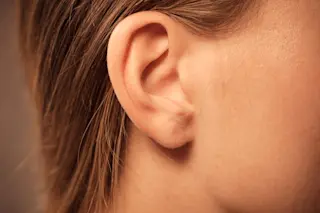The psychology annex building at the University of California at San Diego has no elevator, but it has something even better: a singing stairwell. "It's a low F, I think," Diana Deutsch says, pausing on the top step to listen to the wind's howl. Deutsch has a face as round and sprightly as a sixteenth note, a red bob of hair, and a doctorate in psychology. She also has perfect pitch. "I realized I had it when I began taking piano lessons at the age of 4," she says. "It was a great surprise to me that other people could not name notes. It was as if everyone around me was unable to name colors."
Mozart must have known how she feels: He could name a single note from a tolling bell or a chiming pocket watch. Yet only one in 10,000 Americans has perfect pitch, and even professional musicians ...













